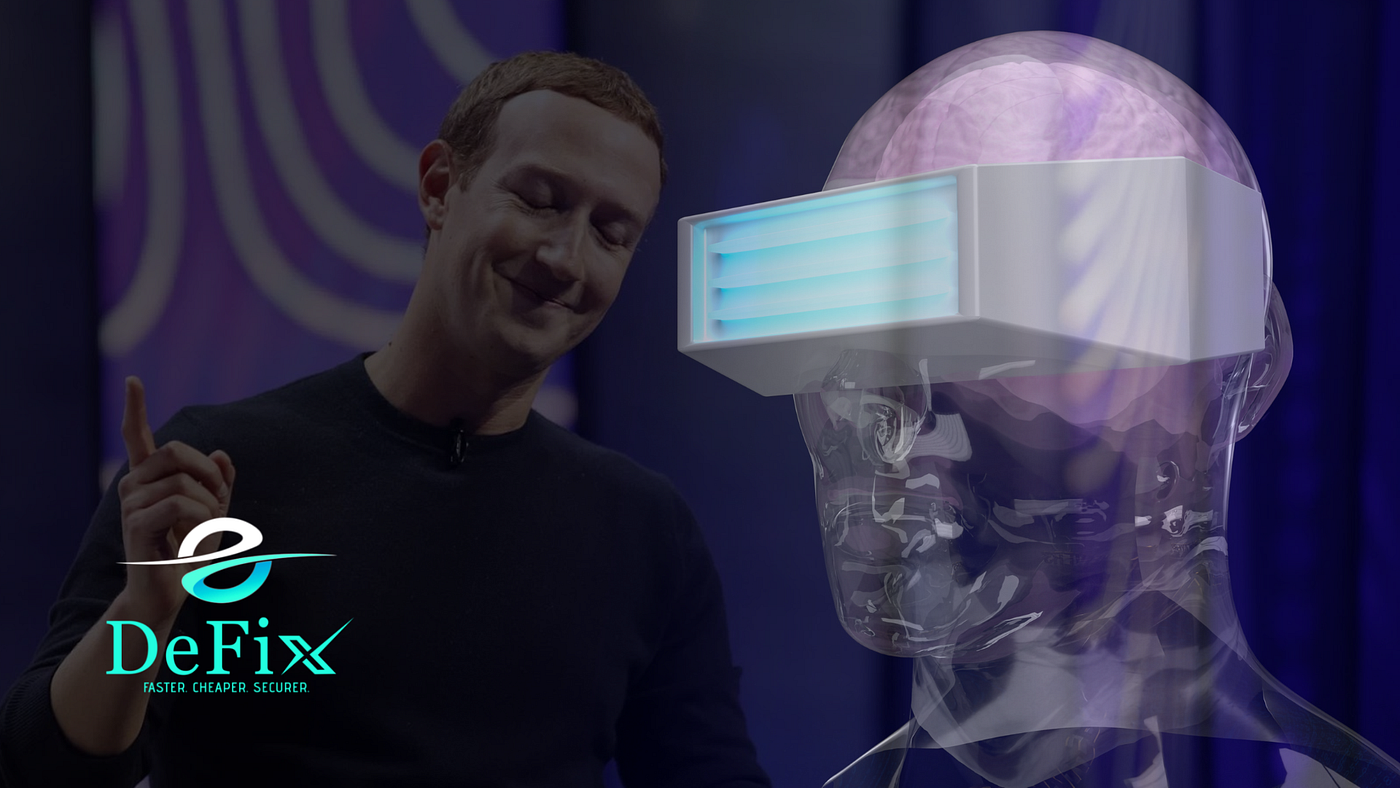[ad_1]

We are now residing in a virtual world. Although it is not a metaverse per definition, it is a pretty immersive world with digital companions, activities, its internal trade system, and the ability to teleport between experiences. Additionally, it is a venerable online virtual community that existed before Mark Zuckerberg conceived Facebook.
Second Life is not my preferred social network. It’s a virtual world that’s a long cry from its peak fifteen years ago. Firms like Circuit City opened virtual storefronts, and automakers like Nissan introduced virtual exhibits and arcade stations where you could purchase electronic replicas of their actual automobiles.
Second Life was initially intended to be the metaverse. Rather than that, it developed into a specialized yet resilient ecosystem that sat silently in the shadows while more established social networks such as Facebook, Twitter, Instagram, Snapchat, and TikTok swept the globe.
We’re discussing the metaverse today because Zuckerberg plans to construct it to thrive where Second Life and other virtual reality businesses have struggled. It’s a broad notion that incorporates most existing and emerging technology and digital concepts — virtual and augmented reality Computer systems, smartphones, other mobile technologies, and Gaming Consoles.
Between all notions in the new metaverse, “teleportation” and “presence” exemplify Zuckerberg’s vision the most. Both are concerned with where one can go and how one may get there.
The Future is here!
According To Mark, the metaverse’s distinguishing attribute is present, which refers to the sensation of being physically present with another person or in another location. Creation, avatars, and digital things will become crucial to human self-expression, resulting in new experiences and economic prospects.
Metaverse is not a novel concept. We must consider the primary impediments to having a more authentic sense of teleportation and presence. The laws of physics and technological limitations continue to prohibit us from beaming anyplace in the way of Star Trek. With the assistance of the rest of the specialized sector, Zuckerberg wants to discover how we might at least feel as if we are there.
We can stroll, float, and teleport in Second Life, but we perceive all of this via a laptop screen. We are not there; we just observe our impeccably attired character to go there, sit on a bench, watch the sea, and talk with pals.
By the way, there are several methods for transferring your Second Life experience to a VR headset.
As is the case with other immersive worlds that include supportive environments and experiences (think Pokemon Snap, Fortnite, and World of Warcraft), you are always at least one level from genuine presence.

Even when you’re on Facebook, you’re not there; you’re only consuming what appears on the surface. No matter how far into a bottomless pit of Facebook disinformation you go, you will never be entirely engulfed by it. You are unable to feel or touch anything or anybody.
“I don’t believe this is mainly about being involved with the Internet more,” Zuckerberg told Casey Newton. It’s about becoming more organically involved.
Zuckerberg sees immersive virtual reality glasses that merge your actual and virtual worlds, allowing you to exist besides a companion using AR glasses. You can’t touch your pal unless you’re using mechanical gloves.
There is no doubt that this is the Future of technology, and Mark knows that, and that’s why he is using his 2.9 Billion user’s platform to stay ahead of the competition.
It also requires open programming or at least a protocol, like HTML for the Virtual world, connecting diverse groups. You can’t jump from one commune to another unless you have a single key to all front entrances and each setting understands your avatar’s code.
Twitter, Facebook, and YouTube are all distinct entities in our very flat social media environment. Platform-to-platform information transfer is permission-only and severely restricted.
The final Vision
Our recent worries about digital online privacy concerns and the fear of giving our crucial private information to big corporates like Facebook will hinder the development of Mark’s Metaverse. It is believed that this will not stop Mark from trying his best, which will cause other small corporations to jump the hype train.
And even if he doesn’t develop the new Internet, his vision will affect Facebook. Our social networking experiences may change in five or ten years. Instead of using your phone or laptop, you may instruct your AR glasses to locate Aunt Mae. She’ll emerge moments later, suited for a workout. You’ll both decide to attend an ongoing Zumba class somewhere in the metaverse. You won’t be there, but you’ll be virtually present.
[ad_2]
Source link


